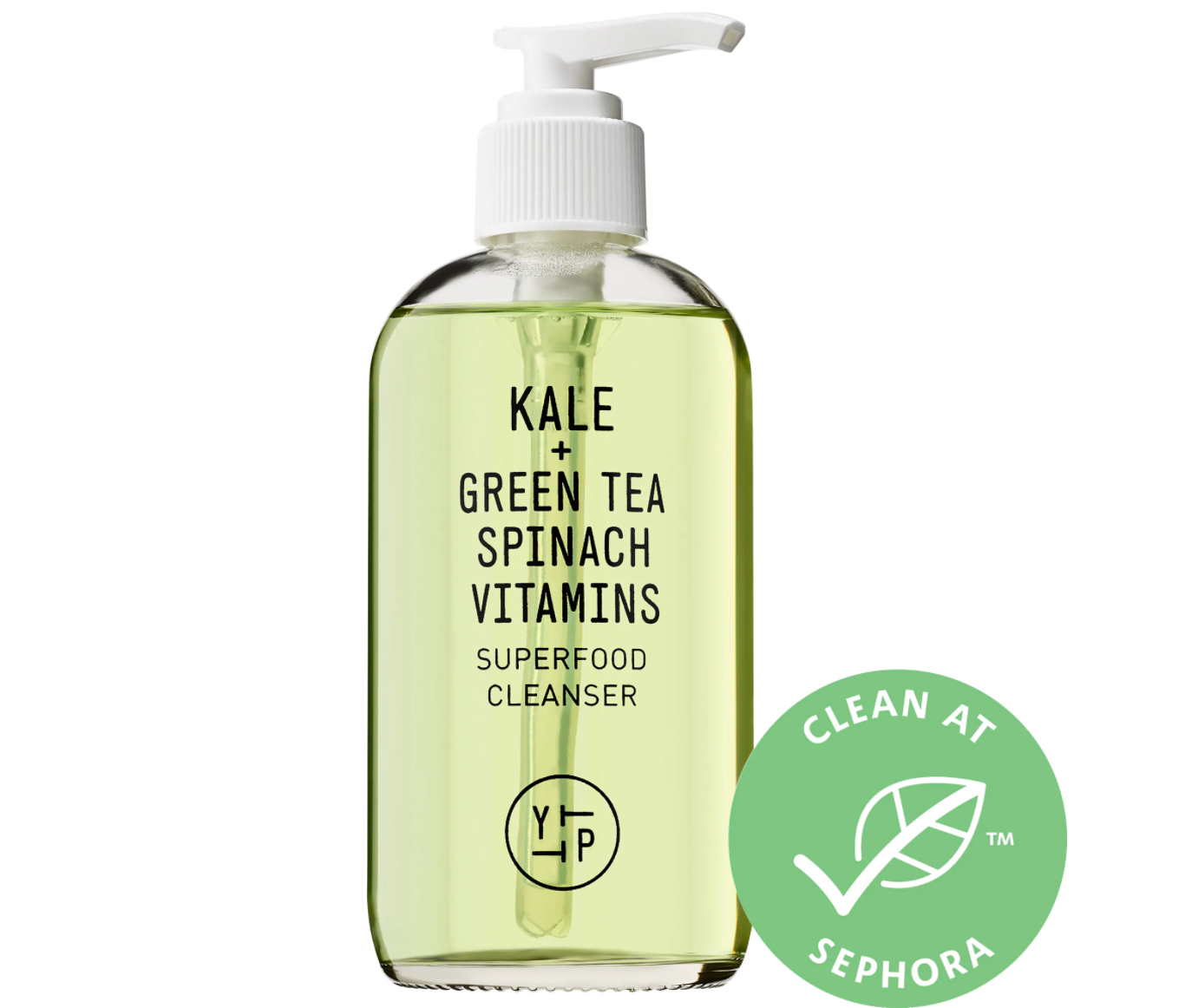This Black Product Developer Dispels The Myths About Clean Beauty
This Black Product Developer Dispels The Myths About Clean Beauty
https://www.essence.com/beauty/the-myths-about-clean-beauty-dispelled/
With 17 years in product development, Robyn Watkins has pretty much seen it all. She’s been a part of some of the most successful and iconic beauty launches to date, and she’s also been witness to the failed attempts that never make it to market. Today, as a product development consultant and CEO of Holistic Beauty Group, she helps brands make magic in the clean beauty space. But don’t get it wrong, she might consult for brands, but she really works for consumers.
“I have a passion for clean beauty. In my background in the corporate space, I was always trying to advocate towards cleaner, safer ingredients, and always trying to go more natural,” she says. “I was the annoying person always raising my hand asking, can we not do this? Can we not use silicone? Can we try this?”
As an insider in the space, Watkins knows that clean beauty can mean different things in different places because it doesn’t have a harmonized definition. She explained that Europe has much stricter standards than the United States as it relates to clean beauty (Canada also has slightly stricter policies.) They ban about 1,400 ingredients that are not banned in the U.S., including carcinogens, mutagens, nitrosamines, silicones D4 and D5 and reproductive toxins (yes, you read that right).
Consumers are actually putting their trust in companies to identify their products as clean. As we’re beginning to see more brands emerging in this space, we’re also seeing more products identified as clean from legacy brands. Even beauty retailers have begun to make this distinction in product offerings on their sites.
Sephora has an extensive list of ingredients that a product cannot contain in order to receive their Clean at Sephora seal, including some known culprits such as parabens, sulfates, phthalates, and formaldehyde, and also more unknown players such as styrene and synthetic fragrances.

“I think it’s important for the consumer to understand what’s important to them with respect to clean beauty and buying brands that align with that.”
– Robin Watkins
But clean beauty, Watkins explains, is actually not a regulated standard. And her interactions with consumers has taught her that there are many misconceptions about what a clean beauty product really is.
“Clean beauty is a marketing term and it’s an emerging claim that can be defined by any brand that uses it,” she says. “Clean beauty is more like a movement. It’s a mindful decision to create products and market under pillars of human safety, transparency, environmental consciousness and ethics. I think it’s important for the consumer to understand what’s important to them with respect to clean beauty and buying brands that align with that.”
Consumers are also making the assumption that clean beauty and sustainability go hand-in-hand. While Watkins thinks that they should, she also knows that it’s not guaranteed. Sustainability is a multi-faceted category that has levels to it, from biodiversity and carbon footprint reduction to eliminating plastic waste and using renewable or reusable packaging. In other words, like clean beauty, sustainability is complex.
“There’s so much to unpack with regards to sustainability,” Watkins asserts. “But I say [for a brand] starting where you are, understand your carbon footprint, and start to pull back on it from an upstream perspective, meaning how you’re building your product, and then downstream in terms of how the consumer is disposing of the product and what that life cycle looks like.”
A post shared by Holistic Beauty Group (@holisticbeautygroup) on May 8, 2020 at 9:34pm PDT
And that’s where product ingredients can come into play where clean versus non-clean matters. Since the pandemic, consumers have been paying a lot more attention to what’s in their beauty products. Studies show that the online purchase of natural skincare increased by 300 percent at the top of quarantine. Watkins says clean beauty sales are up 25 percent too. People often mistake clean beauty products for natural beauty products, but she says, they’re not the same. And, natural doesn’t always mean better.
“People automatically think, oh, it’s clean, it’s natural, it’s organic. And some products are, but those are two different camps and just know the difference and know that when you see science-based ingredients, it’s not all bad,” she explains. “There are brands that have a blend of natural and synthetic. I highly recommend embracing scientific as the new sustainable. Science based ingredients have huge benefits. They truly are 100 percent renewable, have zero carbon footprint. It really makes sense for the world that we’re living in.”
She’s just trying to do her part to make that world better, one clean product at a time. Her mission is to guide and hold brands accountable, educate consumers—especially other Black women, who are inundated with products that tend to be filled with harmful toxins—and explore the possibility of a new category she calls product therapy, an intersection between beauty, self-care, and mental health all wrapped into effective offerings.
“I try to pour positive intention into the work that I do and with the brands that I work with. I’d like to create more products that have a healing intention—not just holistic products, but products that give positive messaging and don’t drive the consumer to not appreciate themselves or think they’re good enough,” she finishes.
“I like to be a part of projects that really change that narrative around self-compassion and self-love. But I’m just out here, a corporate dropout who decided to take all of my experience and help brands that actually give a shit about what they’re doing. That’s my whole thing.”
The post This Black Product Developer Dispels The Myths About Clean Beauty appeared first on Essence.
